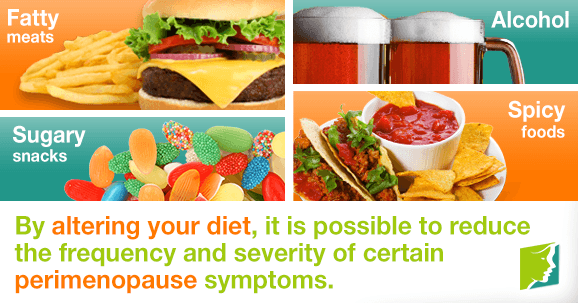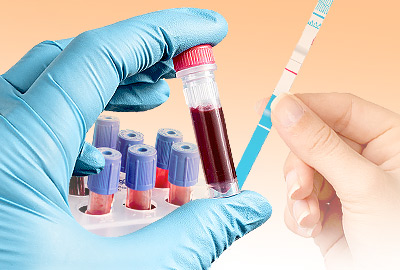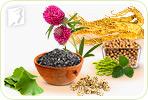Perimenopause is a time of great distress for many women, as it often comes with a range of unpleasant symptoms. Therefore, to be armed with information about how to avoid these symptoms can come in handy for a great many sufferers. To the surprise of many, diet can affect the experience of symptoms, since certain compounds can trigger them. Read on to find out more about perimenopause and the foods to avoid in order for it to be a reasonably comfortable time.
What Is Perimenopause?
Perimenopause refers to the years leading up to menopause, and begins at the moment a woman sees her first menopause symptom. It typically lasts from two to ten years, and the exact symptoms experienced and their severity will differ from person to person. A few of the most common perimenopause symptoms are: Vaginal dryness, irregular periods, loss of libido, insomnia, mood swings, weight gain, hot flashes and night sweats, depression and anxiety.
Foods to Avoid
Many symptoms of perimenopause are caused by or worsened by dietary habits. By eating the right foods and avoiding others, it is possible to reduce the frequency and severity of certain symptoms and maybe even eliminate them altogether. Below are a list of foods to avoid consuming.
Fatty meats
Weight gain is very likely during perimenopause, as the metabolism naturally slows down. Therefore, it is prudent to avoid foods that may cause you to pile on the pounds. These include meats with large amounts of fat. However, there are some essential nutrients to be gained from certain meats, so it is not necessary to cut the food out of your diet completely.
Alcohol
While not a food, alcohol is still a commonly consumed product worth mentioning. There are many studies that seem to suggest women who drink more alcohol experience more hot flashes, and this might be because it causes sudden rises and drops in estrogen levels.
Sugary snacks
High levels of sugar in the diet leave you prone to fatigue and weight gain because these symptoms are often directly affected by blood sugar. By lowering your blood sugar levels, you are lowering your risk of perimenopause symptoms.
Spicy foods
Chili peppers, curry, and other spicy ingredients may have nutritious benefits, but they can also have side effects, such as triggering hot flashes and night sweats, because of the physiological reaction they produce. Herbs like sage and rosemary are flavorful alternatives for livening up your meals.
Perimenopause can often be a distressing time, especially if the symptoms are frequent or severe. However, by altering the diet, it is possible to exert a certain amount of control over your perimenopause experience and avoid symptoms being too unbearable. Read more about managing perimenopause.
Sources
- Love, S. (2003). Dr. Susan Love's Menopause & Hormone Book. New York: Three Rivers Press.
- Mayo Clinic Staff. (2013). Stress symptoms: Effects on your body and behavior. Retrieved December 16, 2014, from http://www.mayoclinic.org/healthy-living/stress-management/in-depth/stress-symptoms/art-20050987
- National Health Service UK. (2013). Self Help Tips to Fight Fatigue. Retrieved December 16, 2014, from http://www.nhs.uk/livewell/tiredness-and-fatigue/pages/self-help-energy-tips.aspx
- Northrup, C. (2006). The Wisdom of Menopause. New York: Bantam Dell.




